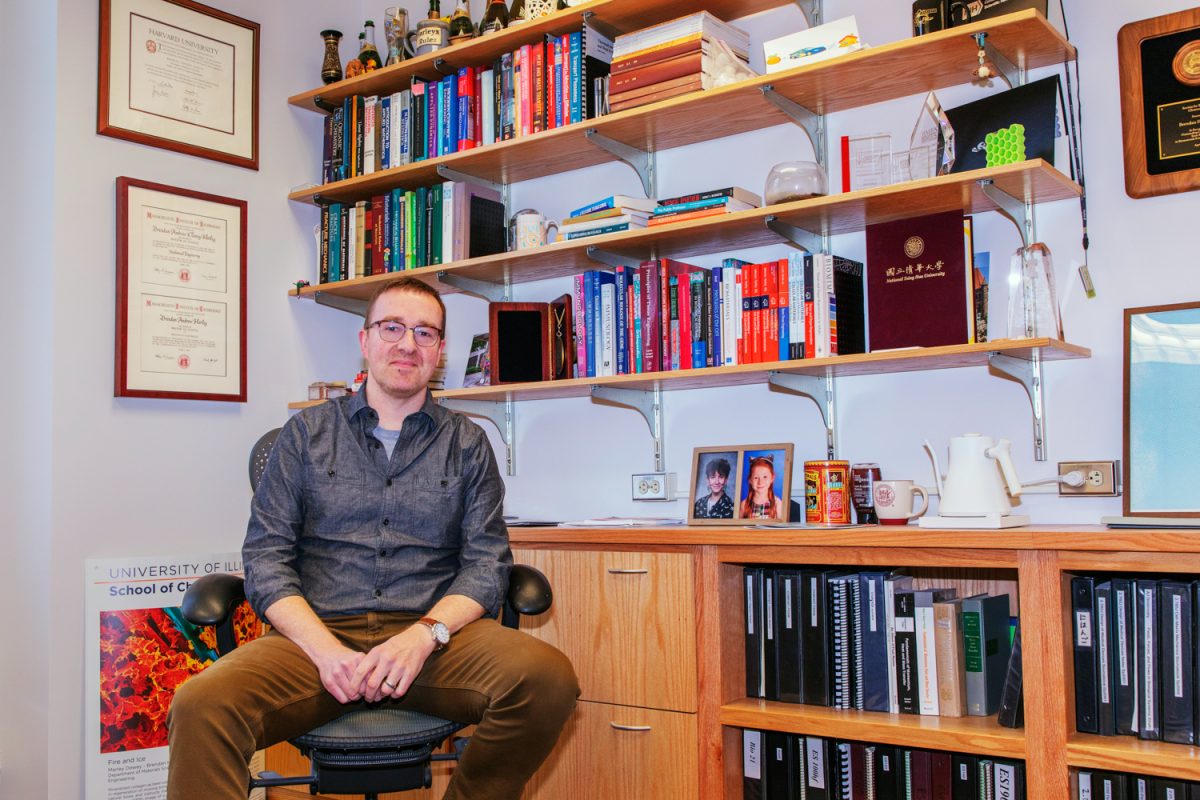The Bangladeshi Student Association hosted an event to celebrate International Mother Language Day at the YMCA on Friday at 7 pm.
International Mother Language Day originated from the language movement in Bangladesh, which is a country that used to be part of Pakistan. It became a day recognized by the United Nations Educational, Scientific and Cultural Organization in 1999, said Anil Bera, professor of economics.
The Pakistani government had attempted to make Urdu the national language, even though many people spoke the language Bengali, and students protested against this action, Bera said. Ultimately, Bangladesh gained independence, while retaining its language. The day is also a remembrance of the death of student protesters on Feb. 21, 1952.
About 60 people attended the event.
The walls were covered with posters dedicated to the student protesters’ deaths and “wall of emotions” posters, which are posters on which people could write their thoughts. Women walked around in saris, which are clothes worn by females on the Indian sub-continent.
Get The Daily Illini in your inbox!
The night started with speeches. Mir Ali, professor of architecture, spoke about the history of the language movement and the importance of International Mother Language Day.
“It is the only example where people gave their lives to preserve their language,” he said.
Salim Rashid, professor of economics, spoke about the importance of communication and the fact that people of Bangladesh are seen all over the world.
Marina Terkourafi, assistant professor of linguistics, spoke about the importance of mother tongues, which are the languages that people grow up using.
“Let us be proud of our mother tongues. Let us use our languages with our kids,” she said.
Terkourafi stressed that mother language pride is not about putting up language barriers but about “feeling like we have something to contribute to this mosaic.”
The rest of the evening focused on a cultural program, in which a chorus of members of the Bangladeshi Students Association performed songs and a folk dance in the Bengali language.
Fariba Khan, member of the Bangledeshi Students Association and graduate student, said singing the songs in Bengali was important because the meanings do not always translate into English.
Bera said it is important to “celebrate diversity and cultures all over the world.”
“I think it is a good thing to celebrate the freedom to speak your own language,” he added.





